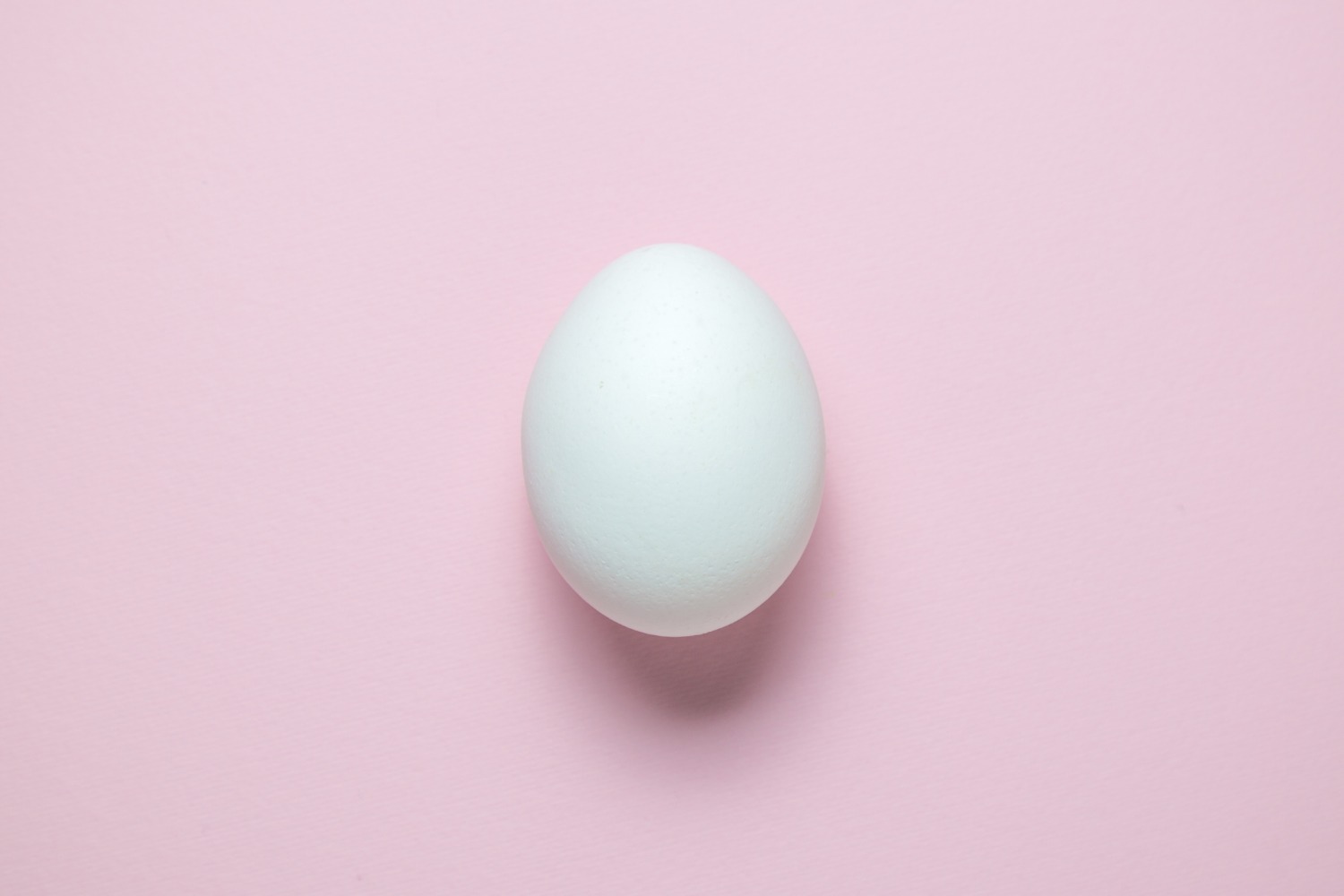Project Description
Women Are Waiting Longer Than Ever to Get Pregnant—Do You Have a Plan for Your Fertility?
It’s 2019 and shockingly little about the conversation about reproductive choice has changed. While the ominously ticking biological clock in older ads has been replaced by more “empowering” messages (on Instagram, naturally) urging women to freeze their eggs for the cost of a manicure, the underlying message is the same: If you want kids one day, better hurry, because those ovaries aren’t getting any younger.
Science has made a bit more progress—assisted reproductive technologies like IVF have helped millions of women become moms when getting pregnant naturally wasn’t in the cards, and hormonal tests that can give you insight into your fertility future have gotten more accessible—but it can’t erase the biological bottom line: Fertility declines with age. Women in their thirties are now officially having more babies than women in their twenties, according to CDC data, but technology may still not be keeping up with a sharp demographic shift: Women are putting off pregnancy.
The average age of first pregnancy varies wildly across the country but is steadily creeping upward. The national average age of first pregnancy back in 1970 was 21; in 2017 it was closer to 27. Twenty-seven is still young in reproductive terms—fertility doesn’t begin to enter the danger zone until the midthirties—but many women, especially in big cities, are pushing the limits, getting closer and closer to the reproductive fringes. In Miami the average age of first-time mothers is 30; women in Manhattan are putting pregnancy off until 31; in San Francisco first-time moms are 32 on average.
Why women put off pregnancy (or choose to skip it altogether) doesn’t really matter. Whether it’s to wait for a promotion or the right partner, or just to feel ready for motherhood, that choice doesn’t need to be justified. But it should also be made with all the facts: In your midtwenties—peak fertility years—the chances of getting pregnant naturally each time you ovulate are around 25 percent. But by 30 that number slips to 20 percent; at 35 it’s around 15 percent; and by 40 your chances of getting pregnant naturally hover around 5 percent. The longer women wait, the less optimistic their reproductive chances.
It’s no wonder egg freezing, billed as the empowering way to take control of your future, is on the rise. “We’ve done a really good job of pushing the conversation forward, and women are so much more proactive about it,” says Jaime Knopman, M.D., a board-certified reproductive endocrinologist and directory of fertility preservation for CCRM, a fertility clinic in New York City. “But on the flip side, I think we’ve created a little bit of hysteria.” Proof: The vast majority of women who freeze their eggs never use them. One small study published in Human Reproduction in 2017 found the number of women who go on to fertilize and implant the eggs they put on ice might be as low as 6 percent. With average egg-freezing costs between $30,000 and $40,000, that’s a massive amount of potentially wasted cash.
Whether egg freezing is a savvy move that is indeed “empowering” or just another way to scare women into making certain decisions about their body depends on why—and when—you’re doing it. If you want to get pregnant at 30, your chances of conceiving naturally (which is exactly what happened to the majority of women in the study after icing their eggs) are still high. If you have other things on the agenda and don’t foresee motherhood becoming a priority until you’re pushing 40, it can be a smart move.



